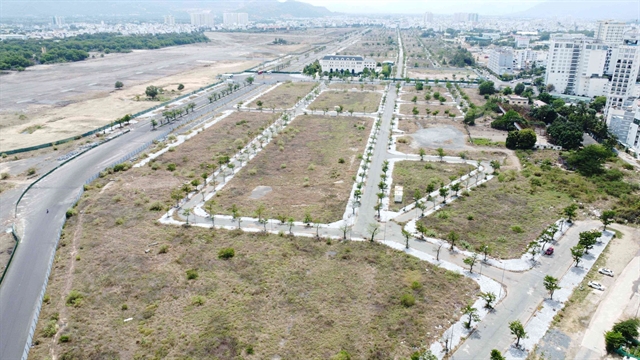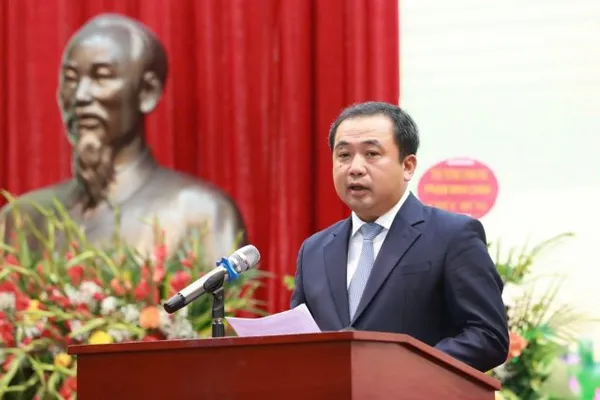 Society
Society

 |
| Organisers address concerns and respond to questions raised by developers and condominium management boards at the conference in HCM City. — VNA/VNS Photo |
HCM CITY — HCM City authorities have announced plans to tighten oversight of condominium management and enforce stricter controls over multi-billion-đồng maintenance funds amid rising disputes between developers, residents, and building operators over fund misuse and accountability.
The move was discussed at a dialogue on Friday between the Department of Construction and local businesses, held in coordination with the HCM City Investment and Trade Promotion Centre (ITPC).
The “Guidance and Discussion on the Management and Use of Apartment Buildings in HCM City” meeting aimed to resolve persistent problems in the city’s fast-growing condominium sector, from financial transparency to legal ambiguities in management operations.
Officials said maintenance fund disputes remain one of the most serious challenges in urban housing governance.
Nguyễn Tiến Hưởng, head of the Housing and Real Estate Market Management Division under the Department of Construction, said many developers previously controlled and, in some cases, misused residents’ maintenance funds before management boards were formally established.
“New regulations now require developers to open separate bank accounts for these funds and hand them over once management boards are in place,” he said. “Local authorities now have clear powers to compel fund transfers and enforce compliance.”
Under Decree 95, municipal governments can seize developers’ accounts to recover outstanding maintenance funds owed to residents. If the funds have already been spent or the developer no longer operates, authorities can enforce collection from other company accounts.
Industry experts say maintenance funds, often worth tens to hundreds of billions of đồng per building, have become a flashpoint in the city’s property disputes.
Lê Hoàng Châu, chairman of the HCM City Real Estate Association, warned that weak oversight could lead to misuse and loss of residents’ money.
“A 25-storey condominium can have an average maintenance fund of about VNĐ20 billion (US$780,000), and in some cases up to VNĐ500 billion,” he noted.
“Without strict supervision, these funds could be exploited, undermining residents’ legitimate interests. The law provides for administrative or even criminal penalties depending on the severity of violations.”
The conference also tackled a wide range of operational concerns raised by condominium management boards, developers, and residents, including taxation rules, the legal status and responsibilities of management committees, the procedures for opening bank accounts, and the use of maintenance and operation budgets.
Participants also raised safety and quality-of-life issues, such as fire prevention, electric vehicle charging, handling of falling objects, pet management, and community meeting procedures.
Nguyễn Thị Thanh Hương, deputy head of a condominium management board in Phú Thọ Ward, said more specific tax guidance is needed.
“Current tax rules for condominium operations remain unclear and difficult to implement,” she said. “We need consistent regulations to make financial reporting and compliance easier.”
Trần Sỹ Nam, deputy director of the Department of Construction, said the city will intensify inspection and enforcement efforts, expand the use of digital management systems, and improve transparency through data integration between housing and citizen databases.
“The management and operation of condominiums is a long-term, complex task that requires close coordination between authorities, developers, and residents,” he said.
“We are building a transparent, technology-driven system that ensures safety, accountability, and sustainable urban living.”
With more than 2,500 apartment buildings housing millions of residents, the city’s condominium sector has grown rapidly in recent years but also faces increasing disputes over fund transfers, safety compliance, and governance.
City leaders say stronger regulation and public oversight are essential to safeguard residents’ rights and maintain investor confidence in the real estate market. — VNS




